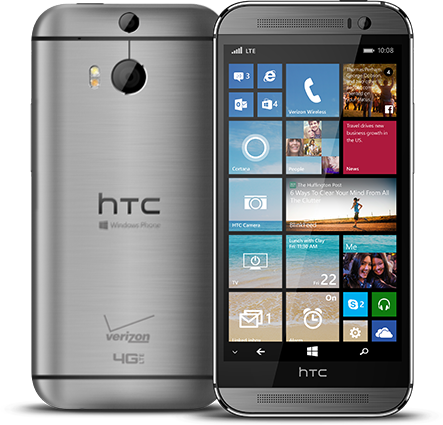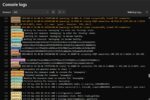
HTC now offering a Windows Phone software version for the HTC One (M8)
HTC is adding a new software option to its HTC One (M8) smartphone. The company recently unveiled the HTC One (M8) for Windows as a Version exclusive.
“Consumers love the HTC One (M8), and today’s introduction extends that enthusiasm to new audiences hungry for choice in their mobile experience,” said Jason Mackenzie, president of HTC Americas. “HTC fills a gap in the market for unique devices that put a premium on form and function. Microsoft shares our vision, and that’s why we committed to bringing the Windows Phone platform to the HTC One (M8).”
The new smartphone features the latest Windows Phone software, HTC BlinkFeed, HTC BoomSound, Duo Camera with Ultra Pixel, Video Highlights, a 5MP wide-angle front-facing camera, support for HTC Dot View, and HTC Advantage.
Qt release comes with LGPL v3 licensing option
Now that Qt is its own company, the cross-platform framework is getting a few updates. Qt Creator 3.2 was recently released, adding a few features and fixing a few bugs. The release includes an improved QML profiler, added support for C99-designated initializers and concatenated strings in the C++ code model, improved encoding handling and lambda support, the ability to open context help in an external window, and the ability to search for more panes.
In addition to the 3.2 release, the company is also adding LGPL v3 as a licensing option. LGPL details how source code can be freely copied, distributed and modified. LGPL v3 will be available in Qt 5.4 in addition to LGPL v2.1.
More information about the company’s switch to LGPL v3 is available here.
VisuAlgo helps students better understand data structures and algorithms
Computer scientists at the National University of Singapore have developed VisuAlgo, a tool meant to visualize programming data structures and algorithms through animation for educational purposes. The tool lets users learn at their own pace and goes through sorting, bitmask, graph data structures, binary heap, binary search tree, union-find disjoint sets, segment tree, binary index tree, generic recursion tress/DAG, graph traversal, minimum spanning tree, single-source shortest paths, network flow, graph matching, suffix tree, suffix array, and computational geometry.
VisuAlgo provides training materials for beginner, intermediate and advanced users. Users can test their knowledge through VisuAlgo’s online quiz system. More information is available here.






